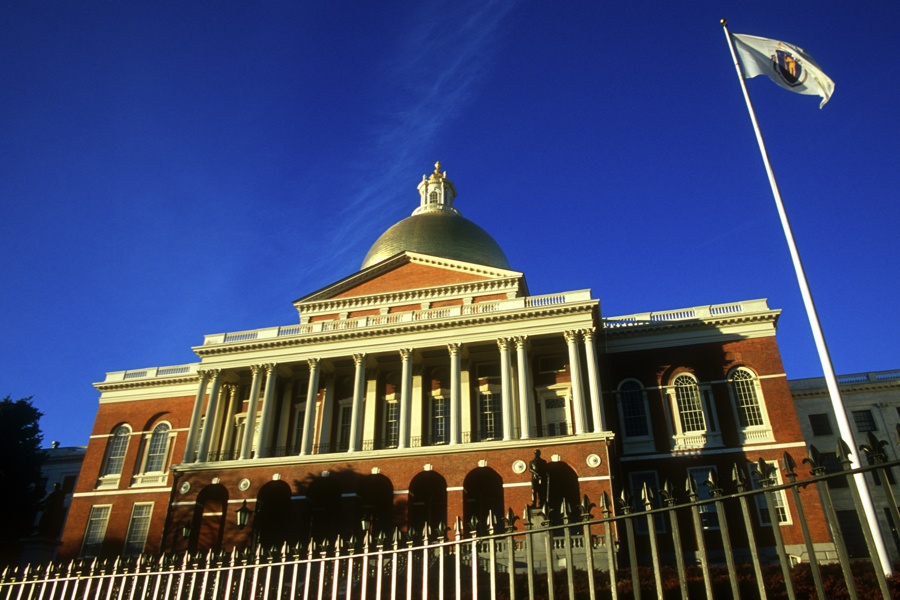To Bet or Not to Bet? Massachusetts Is Weighing Sports Gambling
A Supreme Court ruling has made it a "front burner" discussion on Beacon Hill.

Photo via iStock.com/capricornis
We legalized casinos, paving the way (eventually) for three licensed casinos in the state. We let the same-day fantasy industry thrive in the home of Draft Kings. We may soon expand the Lottery to let residents play via smartphone. So is Massachusetts ready to embrace sports betting? We’re about to find out.
A landmark Supreme Court decision on Monday, which ruled that it should be up to the states to decide whether to allow sports betting, has teed up a new debate on Beacon Hill.
A bill that would form a commission to study the issue has been pending for the past five months. State Rep. Joseph Wagner yesterday said he wasn’t sure when it might move forward, but described it as a “front burner” discussion, according to the State House News Service.
“Can it be done this session? Yeah, I would imagine it would,” House Speaker Robert Deleo said Monday. “But the major issues are going to be there are so many questions.”
“I think right off the bat you have the question of integrity,” he added, referring to concerns among fans and the leagues themselves about the impact of gambling on games and the possibility of fraud. “Secondly, also, is the issue of revenue. What’s going to happen in terms of the states around us, the other states in the country and whatnot.”
Tempting legislators is a report from the Massachusetts Gaming Commission that said the industry, depending on how much sports gambling is allowed, could generate between about $9 million to as much as $61 million in new tax revenue for the state. That’s part of the argument from Boston-headquartered DraftKings, which already says it plans to get into the business. A lot of people here already place bets illegally, they say, so why not have them do it out in the open, and pay taxes?
“I think we have to look at it, we have to look at it carefully. We need revenue, we’ve always needed revenue here and I think we have to look at it,” said Senate President Harriette Chandler. “But we have to do it thoughtfully and carefully.”
Each of the state’s three casino license-holders—GM, Wynn Resorts and Penn National Gaming—have also said they would be interested in offering sports wagers.
Gov. Charlie Baker says he supports the Legislature pursuing the idea. “I would say it’s certainly something we should look at,” he told reporters on Monday. “I promise you that the vast majority of the states around the country will certainly take a look at it.”
Neighbors are already on the move. Connecticut may hold a special session to consider its sports betting bill. Rhode Island already has sports betting legislation ready to go.
National anti-gambling group called Stop Predatory Gambling, meanwhile, has condemned the Supreme Court’s decision and the impact it might have on states like ours. “This litigation was conceived in greed by powerful gambling interests in partnership with a handful of self-serving politicians to benefit a privileged few,” the organization said Monday. “It’s a naked money grab from the wallets of ordinary Americans cloaked as a ‘states’ rights’ case. While the Court’s ruling centered on lofty questions involving states’ rights, the real-world consequences of its decision are severe.”


